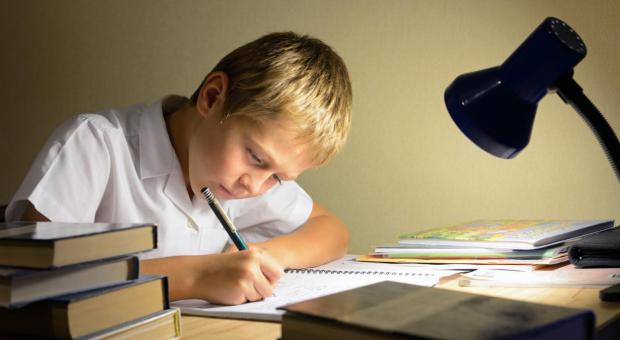Is the education system letting your child down?

If the Australian education system received a report card, it would say ‘could do better’. The OECD Program for International Student Assessment (PISA) is ranking Australia 14th, behind New Zealand and several third world countries, including Vietnam and Estonia[1]. This drop in rankings is being blamed on a variety of failings, both systematic and cultural. While the government is slowly moving towards resolving these issues, if your child is in the schooling system now, it’s possible they’re falling behind their peers internationally. Education is critically important to ensure the very best opportunities for further education and future success in competitive job markets[2].
The Gonski Review Report
In 2010, the government commissioned a review of Australian schools. The Gonski Review Report (2012) showed declining performance in education over the past decade[3]. In 2000, only one country outperformed Australia in reading and scientific literacy. But by 2009, six countries outperformed Australia.[4] There are significant and increasing gaps between high and low performing students, and more students are not meeting minimum standards of achievement.
Finland is 13th on the PISA rankings and rates consistently highly on OECD rankings. The Finnish education structure offers insight into a successful system. They believe that education should be about education, not tests. Teachers spend time with students outside of school hours providing coaching to suit the needs of the student. Teaching staff have post graduate qualifications, are dedicated to education and teaching is a respected profession.
Can the Australian schooling system be fixed?
We all know what works to create a better education system, and a variety of solutions can be derived from other successful education systems. However, change takes time and the children of Australia continue to fall behind. Based on the successful Finnish model, tutoring and coaching outside of school hours by highly qualified teachers leads to success. Following on from this, the focus of this teaching should be more about imparting knowledge, and less about exams and tests.
How does this affect your child?
How are your children doing? Could they be doing better? Are there things you can do to support their education? Speak to each child’s teacher to get a full understanding of strengths and weaknesses. From this position of knowledge, you can start to take control of their education.
It’s important to address gaps in education as early as possible, particularly for mathematics. Research has shown that if children miss learning foundation skills, they will struggle to keep up with their peers[5] in later years. The basic skills taught in primary school are the foundation for all future maths learning. Addressing any inadequacies now will ensure children have more options in the future, both in education and employment.
How can you get the best outcomes for your child?
There are a variety of ways to support children’s learning. If a child is noticeably struggling, tuition can reinforce existing school learning to ensure the correct ‘building blocks’ are in place. For a child who is keeping pace in the classroom and has extra capacity, an accelerated programme can extend skills and broadens learning.
With the Australian education system falling behind, you can no longer leave education confined to school. NumberWorks’nWords provides exceptional after-school tutoring, whether children need remedial work, extension work or just more confidence in their own abilities. In consultation with parents/caregivers, learning is tailored to each child’s needs. Tuition meets them where they are and doesn’t force them into an inflexible system. Safeguard your children’s future and talk to NumberWorks’nWords about how tutoring will benefit your child.
[1]http://www.businessinsider.in/The-latest-ranking-of-top-countries-in-math-reading-and-science-is-out-and-the-US-didnt-crack-the-top-10/articleshow/55843743.cms
[2]http://www.abc.net.au/news/2017-02-02/educating-australia-why-our-schools-arent-improving/8235222
[3]http://towardsthefinalhour.com/2017/01/australian-education-january-2017/
[4]http://www.abc.net.au/news/2012-08-27/whats-in-the-gonski-report/4219508
[5]http://www.smh.com.au/national/education/missing-classes-in-primary-school-adds-up-to-poor-maths-skills-20131030-2whcu.html



